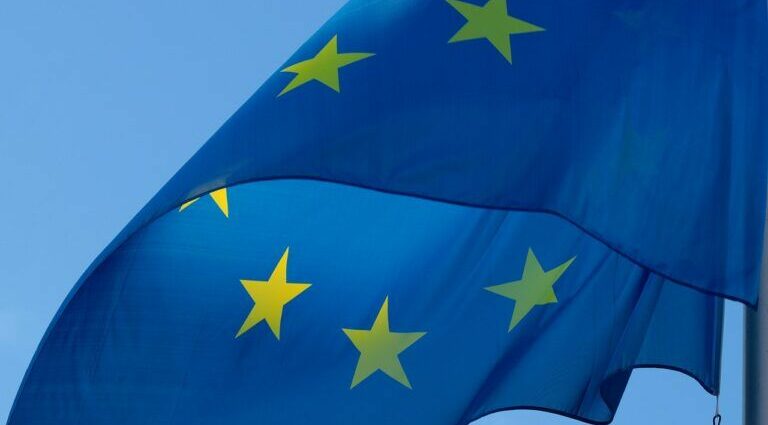According to an announcement from the European Central Bank (ECB), the institution will proceed to the preparation stage for its digital euro initiative. This follows the conclusion of an investigation stage initiated by the ECB in October 2021, aimed at understanding the possible framework and distribution channels for a digital euro.
Per the ECB’s press release, the digital euro is planned to be available to both citizens and companies through regulated financial institutions like banks. The ECB’s design aims to create a digital alternative to physical cash that can be utilized for an array of online and offline transactions across the eurozone. The ECB points out that no existing digital payment mechanism combines all these characteristics.
According to the ECB, the preparation stage is scheduled to commence on 1 November 2023, with an initial timeline of two years. During this period, the ECB will finalize the digital euro’s regulations and choose suitable companies to establish its technological infrastructure. The ECB also indicates that additional focus will be on testing the digital euro to meet both regulatory expectations and user demands, including factors such as user-friendliness, privacy, financial inclusion, and ecological sustainability. Public involvement and stakeholder engagement will continue through this stage. After the two-year window, the ECB will evaluate whether to proceed to further steps, laying the groundwork for a potential future launch of the digital euro.
The ECB clarifies that entering the preparation phase doesn’t signify a commitment to issuing a digital euro. The final decision will be considered only after European Union legislative procedures have been fulfilled. The institution will integrate any required alterations to the digital euro design based on the outcomes of these legislative considerations.
Christine Lagarde, the ECB President, emphasized in her statement that the digital euro aims to offer the utmost privacy protection, prohibiting the Eurosystem from accessing users’ private information or associating payment details with individuals. The ECB assures that the digital form would also secure cash-like confidentiality for offline transactions.
According to Fabio Panetta, an ECB Executive Board member, the digital euro could enhance the efficacy of European payments and bolster Europe’s strategic autonomy. The ECB’s initiative seeks to furnish a unified payment solution governed by European authorities. It will have its independent infrastructure, enhancing resilience and allowing European-regulated financial institutions to develop pan-European services for their clients.
The ECB outlines that the digital euro is designed to be accessed through specialized applications provided by payment service providers or directly from the Eurosystem. Even those without a bank account or digital devices will have access to the digital euro, through mechanisms like cards from public institutions.
The digital euro is planned to be free for essential individual usage. According to the ECB, a financial model involving financial institutions and vendors will be developed to ensure incentives for the distribution of digital euros while protecting against excessive fees for sellers.
Featured Image via Pixabay
Source: Read Full Article
-
Sam Bankman-Fried's legal team turns over docs related to NYT story, requests they be sealed
-
Profanity tool vulnerability drains $3.3M despite 1Inch warning
-
Shiba Inu ($SHIB) Ecosystem Strikes a Chord with American Music Legend
-
Cybercrooks to ditch BTC as regulation and tracking improves: Kaspersky
-
Celestia to integrate with Polygon CDK for data availability in 2024

